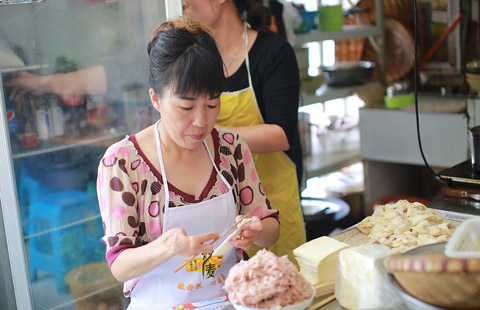China endeavors to boost wildlife protection
(Xinhua) Updated: 2013-06-19 13:30In addition, China has strengthened wildlife habitat patrols and strictly penalized those who hunt, sell, purchase and transport protected animals.
In April 2013, police in Beijing uncovered 14 illegal wildlife trafficking cases during a crackdown, seizing 64 animals and thousands of related products, according to SFA.
Close to 1,000 ivory products worth more than 8 million yuan ($1.3 million) were among the seized goods.
In addition to curbing wildlife trafficking in street markets, the government is also making efforts to address online wildlife trafficking.
In April, police officers shut down 628 websites that were engaged in such trafficking, the SFA said.
"China is stepping up efforts to regulate the management of wildlife trafficking and curb illegal trade, enforcing new laws and regulations, implementing a labeling system for ivory products and setting up a national coordination group," said Dr. Meng Xianlin, executive deputy director of China's Endangered Species Import and Export Management Office. International campaign
The government has also joined in international campaigns to combat the illicit trade of animal products, including ivory and rhino horns, SFA said.
In January 2013, China worked with 22 Asian and African countries to crack down on cross-border and intercontinental wildlife smuggling.
Through an operation codenamed "Cobra," massive amounts of animal products were confiscated and more than 100 criminal suspects were arrested.
- Mercedes-Benz recalls cars in China over brake problem
- Chinese companies fulfill social responsibilities globally: report
- German woman fulfills her fashion design dream in China
- China concerned about German rules tightening foreign takeovers
- Regulators highlight financial stability
- Dell ramps up resources to penetrate local service market, data centers
- Coty's skincare line jumps on Tmall bandwagon
- Temasek to invest more in China's consumer sectors


















